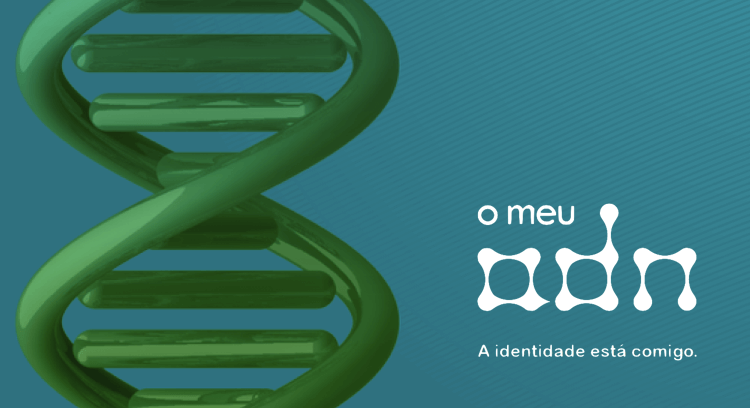As I mentioned in my Legal Bytes post a few weeks ago (Forensic DNA and Missing Children: The Legal & Ethical Issues), I had the honor and privilege of being a featured speaker on 25th of May 2017 – International Missing Children’s Day – at this year’s conference for Missing Children and Genetic Identity, organized and chaired by Patrícia Cipriano, President of the Portuguese Association for Missing and Exploited Children [Associaçāo Portuguesa de Crianças Desaparecidas] held at Lusófona University in Lisbon.
Featuring expert investigators, law enforcement, geneticists and forensic scientists, the conference explored how tough police work, forensic science, government legislators, judges and lawyers can work more effectively and cooperatively within and across national borders. It also reminded us that DNA kits and learning aides for use by parents, coupled with greater educational efforts and more timely reporting, can help save children’s lives and futures.
The conference was attended by notable dignitaries, including Charlie Hedges, Police Expert, Missing Children and European Alert Coordinator for Amber Alert Europe, Professor Maria do Carmo Fonseca, President of the Institute of Molecular Medicine, Professor Maria do Ceu Machado, President of Infarmed, members of Portuguese Assembly of the Republic , senior law enforcement and forensic scientists with closing remarks delivered by His Excellency Dr. Fernando Negrão, a jurist and former Minister of Social Security, Family and Children, Minister of Justice, director general of the Judicial Police and chairman of the Board of Directors of the Institute of Drugs and Drug Addiction.
The conference highlighted the work being done in Portugal and, of course, the work that still needs to be done. You can read and download the Conference Agenda & Brochure (Lisbon, PT) and feel free to take a look at my presentation Missing Children – Missing Opportunities, Legal Obstacles in our DNA (Rosenbaum) right here on Legal Bytes.
As always, f you would like to know more about this post, the conference, or the topics discussed at the conference, feel free to contact me, Joe Rosenbaum.


